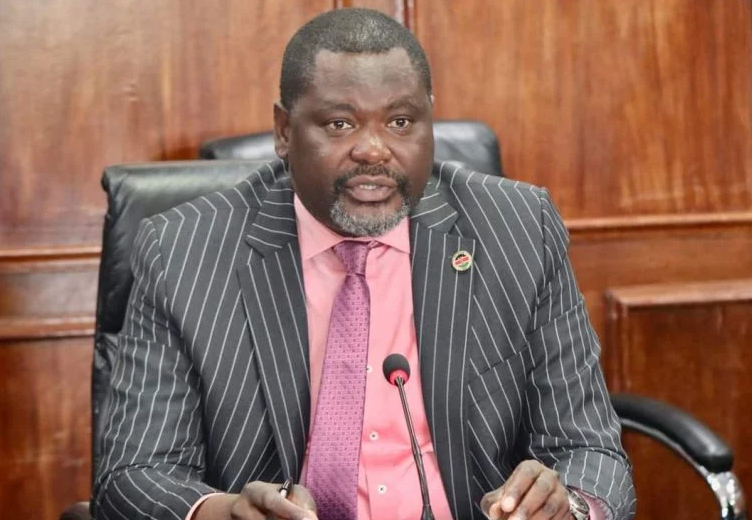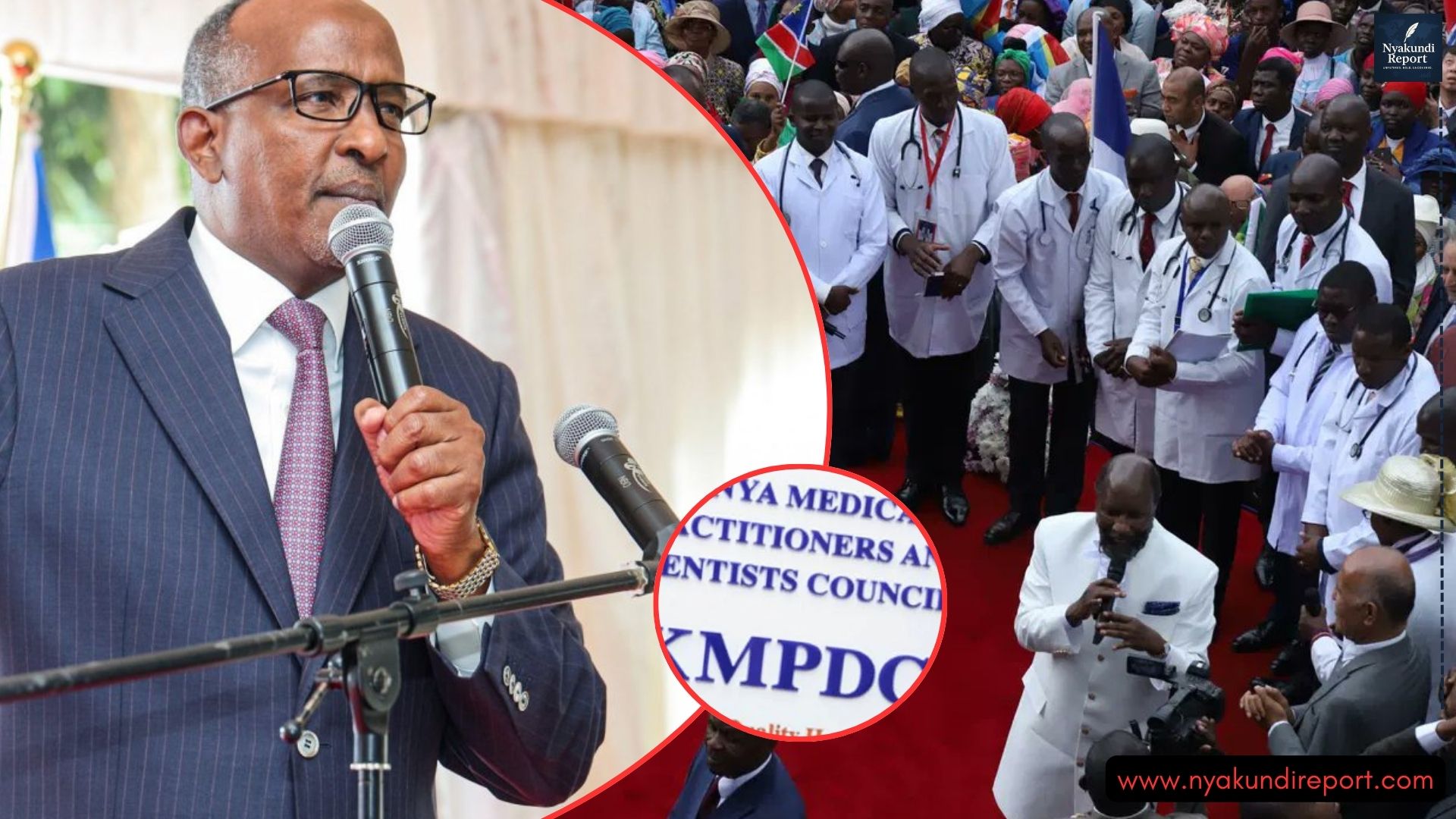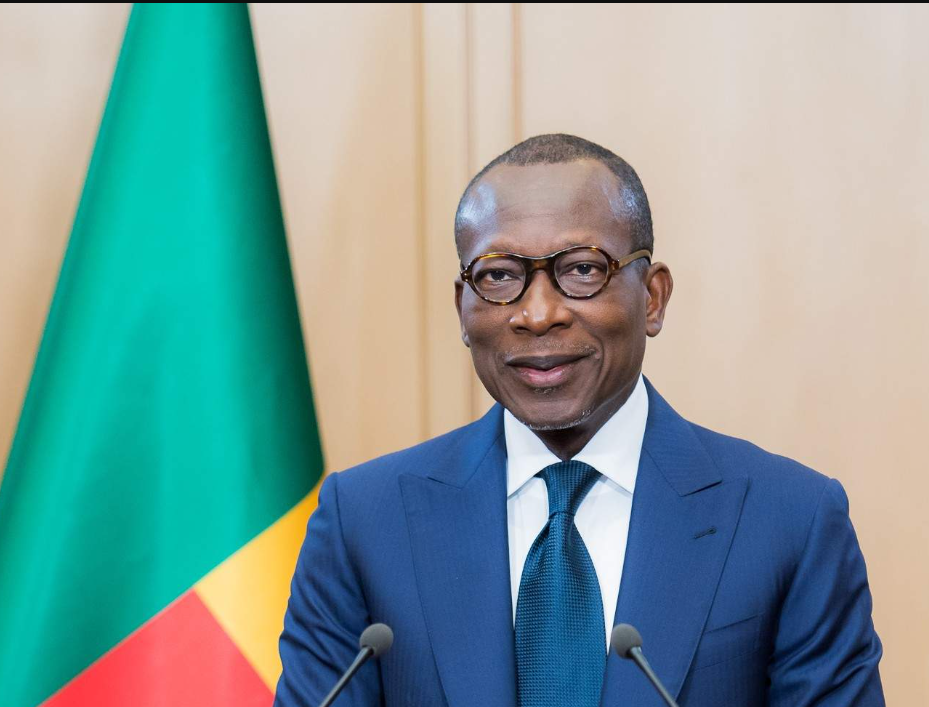The Kenyan government has introduced a controversial plan that could change how millions of citizens access the internet.
A proposal from the Ministry of Information, Communications, and the Digital Economy now seeks to introduce a metered system where Kenyans will pay for internet the same way they buy tokens for electricity and water.
The move, announced on August 26, has already raised quite a concern that it could increase costs, restrict access, and give the state more control over digital freedoms.

Internet Meter Number and the New Billing Model
The proposal comes through two draft legislations—the Kenya Information and Communications (Radio Communications and Frequency Spectrum) Regulations, 2025, and the Kenya Information and Communications (Broadcasting) Regulations, 2025. These laws aim to restructure how internet services are provided, billed, and monitored.
At the heart of the plan is the introduction of the Internet Meter Number, a unique identifier that every user will be required to have. Internet Service Providers (ISPs) will assign this number to customers and submit the data to the Communications Authority of Kenya (CA).
Once in place, the billing model will shift from monthly bundles or unlimited packages to a token-based system. This means users will buy internet in units, similar to electricity tokens, with usage deducted depending on consumption. Critics argue this will make the internet more expensive for ordinary users, especially those who rely on it daily for work, study, and communication.
The new rules also expand the definition of telecommunication operators to include ISPs, putting them directly under CA’s control. This will allow the regulator to monitor usage more closely and potentially restrict access for those who cannot keep up with token payments.
Mandatory ID Verification and Digital Access
Another significant change proposed in the regulations is mandatory ID verification for internet access. Under the draft law, every user must provide their national ID details before receiving an Internet Meter Number. This requirement will also extend to social media platforms, meaning anonymous access could soon be impossible in Kenya.
Supporters of the proposal say mandatory verification will curb cybercrime, reduce online fraud, and hold people accountable for what they post. However, critics fear it could erode digital privacy and stifle free expression by linking every online activity directly to an individual’s identity.
The submission of personal data to the Communications Authority also raises questions about surveillance and data protection. Civil rights groups have already warned that such regulations could give the government new tools to monitor dissent and silence critical voices online.
Aligning Communications Infrastructure with National Goals
The government insists that the regulations are not just about control but about modernizing the sector. The Ministry says the reforms will help in the orderly use of the radio spectrum, a limited national resource essential for communication.
According to officials, aligning communication infrastructure with national development goals will promote socioeconomic growth, improve security, and support cultural needs. A structured billing system through the Internet Meter Number is being framed as part of efforts to ensure fairness and efficiency in internet use.
The proposal also highlights a framework for the Universal Service Fund, which seeks to extend affordable internet access to underserved areas. If implemented fairly, the fund could help bridge the digital divide by making sure rural and low-income communities are not left behind.
Yet, critics remain cautious. They argue that while the government frames the regulations as progressive, the practical outcome could be higher costs, more barriers, and less freedom. For many Kenyans, the fear is that internet access may soon resemble prepaid electricity tokens, where disconnection happens the moment tokens run out.
Conclusion
The introduction of an Internet Meter Number and token-based billing marks a major shift in Kenya’s digital landscape. While the government insists it wants to promote order, efficiency, and equitable access, many see the proposal as a tool for surveillance and control.
If passed, the regulations will affect every internet user in the country. The big question remains whether the reforms will truly expand access and fairness, or whether they will price out the poor and tighten the government’s grip on online freedoms.






































